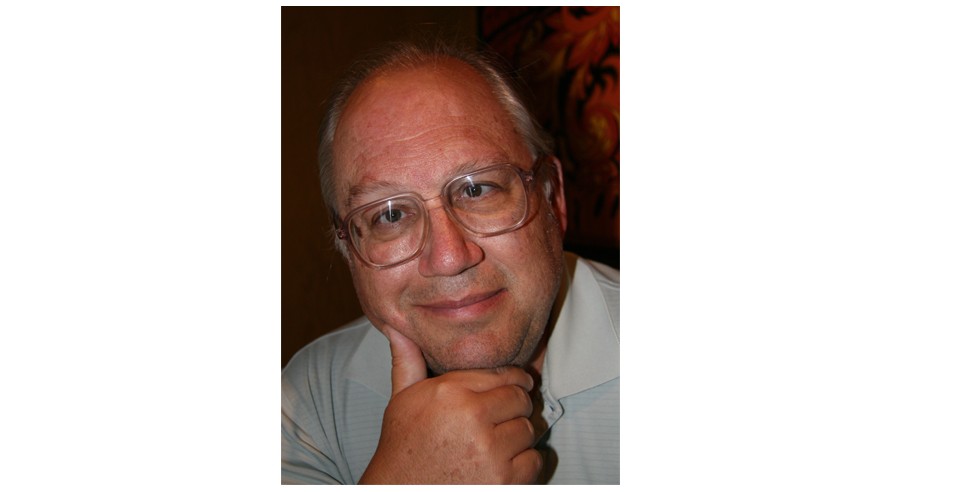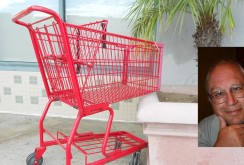
WELL-BEING AND HAPPINESS—AN ATTEMPT AT DEFINITIONS
These days, there seems to be a growing consensus that the old measurements that nations have used to evaluate economic success—most notably, the Gross Domestic Product—are blunt swords which tell us little about quality of life. Around the world, many countries are looking for new metrics. In October, I joined 1400 people from 60 countries at the OECD’s annual Measuring Well-being conference in Guadalajara, Mexico for a closer look into the subject.
My interest began when I learned about efforts to measure well-being in the tiny Himalayan country of Bhutan, whose young king had once famously proclaimed that “Gross National Happiness is more important than Gross National Product.” With expert advice from social scientists, Bhutan began surveying its happiness or “well-being” with reference to nine “domains” considered to be essential for quality of life:
- material well-being, or “living standards,” (the chief component of GDP) but also,
- health
- psychological well-being
- environment
- cultural vitality
- community vitality
- governance
- time balance and
- education
A few years later, I found myself in Bhutan, as part of an International Expert Working Group advising its then Prime Minister Jigmi Thinley, as part of a report Bhutan was producing for the United Nations. I had been asked to provide advice on the issue of “time balance,” based on my decade of work as director of Take Back Your Time (www.takebackyourtime.org). Our goal was to produce a report on best practices for achieving Equitable and Sustainable Well-being and Happiness.
Almost immediately, two major issues divided our Working Group. The first was a matter of definition. Many of the academics in our group were made nervous by the term “happiness,” which they thought was lacking in seriousness and rigor. They preferred “well-being,” as many policy makers do. But the activists among us, and the Bhutanese, preferred the term happiness, considering well-being a bit wonky as a term.
Secondly, there was a debate over how to improve happiness or well-being. Many in our group believed it was a matter of policy change, but a sizeable minority felt that personal change was more important. When one speaker argued that policy didn’t matter at all, half the room seemed ready to fly home. Tensions rose.
Enrico to the Rescue
At lunch time, Enrico Giovannini called the group together to suggest a solution to our conflicts. Giovannini led the development of well-being indicators while he was chief statistician at the OECD. Just after our meeting, he became Minister of Labor and Social Issues in the government of Italy. When Enrico spoke, we listened.
Well-being
He picked up a stick and drew the above diagram in the sand. We needed to understand, he said, that while happiness and well-being have similar meanings, they are not synonymous and we need both terms. Well-being, he said, is a measurement of aspects of quality of life that uses objective data as its base. For example, consider one of Bhutan’s “domains,” health. Well-being in terms of health can be measured by such objective data points as life expectancy, obesity, infant mortality, etc.
Happiness
Happiness, instead, refers to how people feel about their quality of life. For example, surveys might ask them: how do you feel about your health—“I feel it is excellent, fair, poor, etc.” We can use collected data to measure well-being as an aspect of quality of life, and use subjective surveys to measure happiness. You might call happiness “subjective well-being” if you want, but it’s unnecessarily cumbersome.
In achieving well-being and happiness, both policies and personal change matter. Good policies can produce good objective outcomes—better well-being. So policy makers are right to focus on well-being. In order to be satisfied with our lives, we need certain basics—adequate food, shelter, health, educational opportunities, work opportunities and so forth. And good policy can make that possible
Happiness skills
On the other, you can have an objectively good life and still feel miserable. Between well-being and happiness, Giovannini pointed out, are happiness skills—the knowledge to use what one has to feel better about life. For example, you might have sufficient leisure time, but if you use it all to watch television, you’re less likely to be happy, not more. On the other hand, the science shows that if you use that time to connect with others, volunteer in your community or get out in nature, you’re likely to be happier. So those things can be considered happiness skills.
Happiness skills are about personal change, and can be a part of our educational systems, as they now are in Bhutan. Both policy change and personal change are important for improving happiness and well-being.
So far, Giovannini’s model has been limited to a few people. But I believe it provides an immensely useful way to think about the terms well-being and happiness and to begin to measure them. You get what you measure. It’s well past time to find alternatives to Gross Domestic Product if what we want is quality of life, not merely quantity of stuff.












